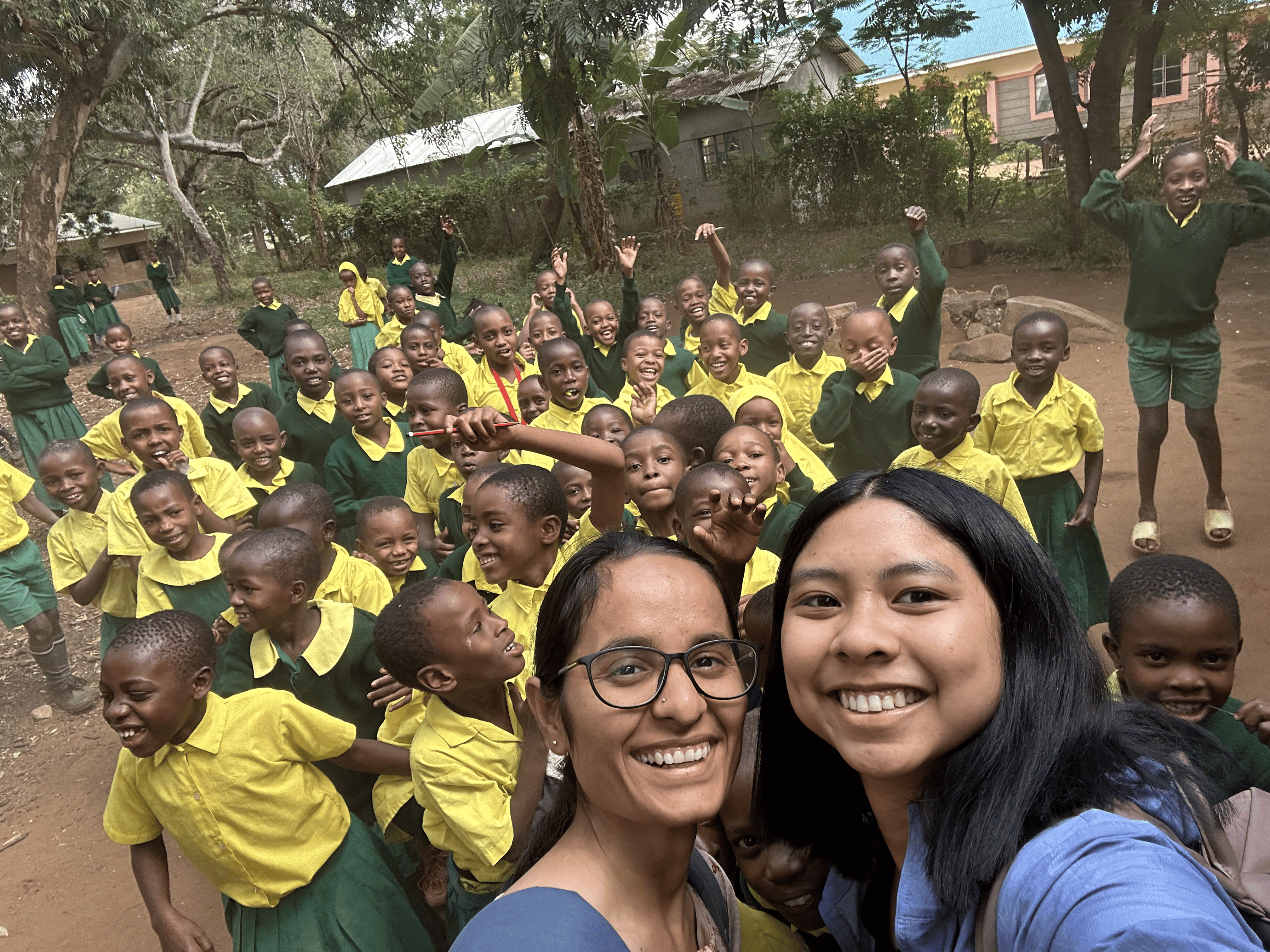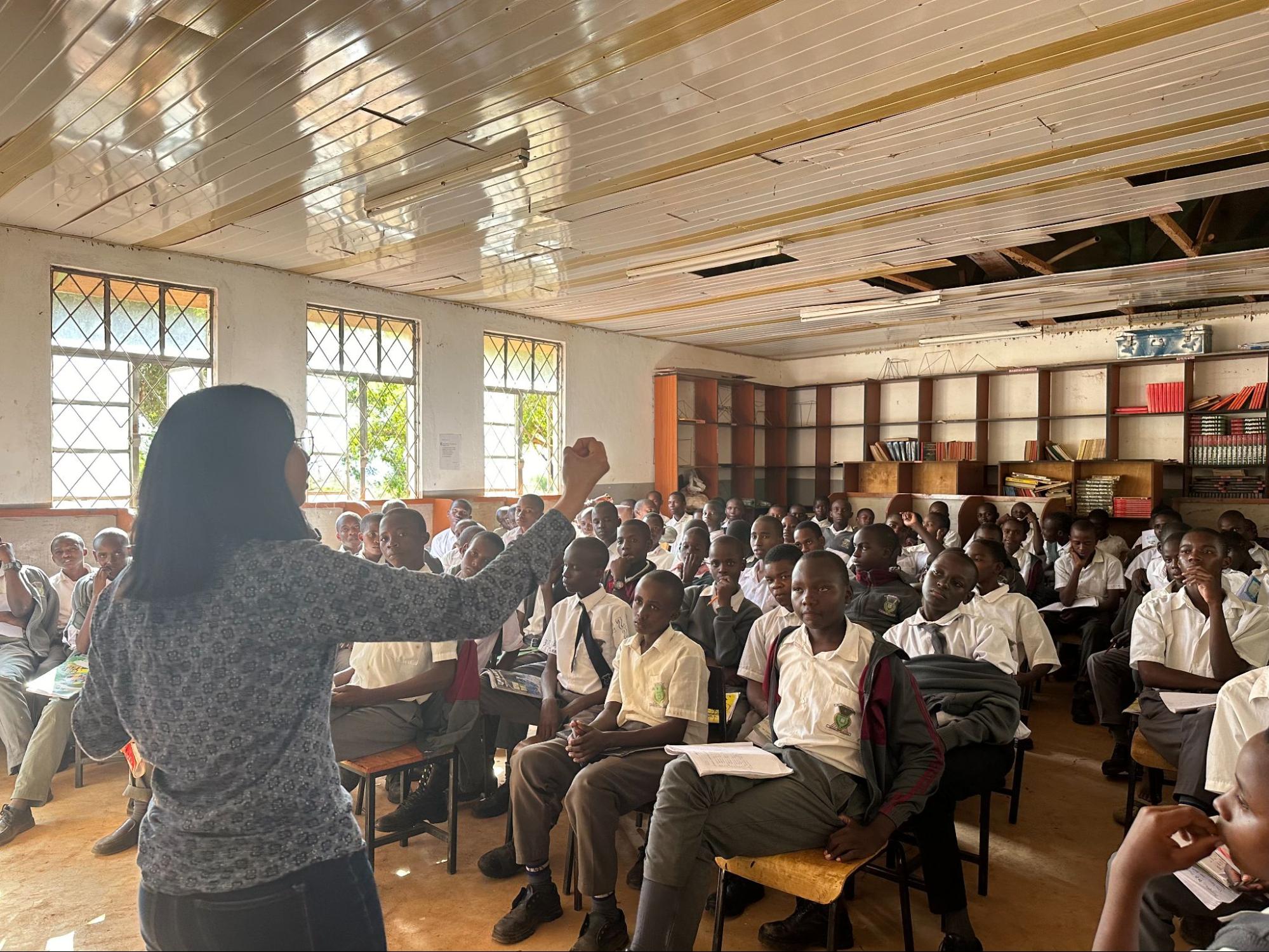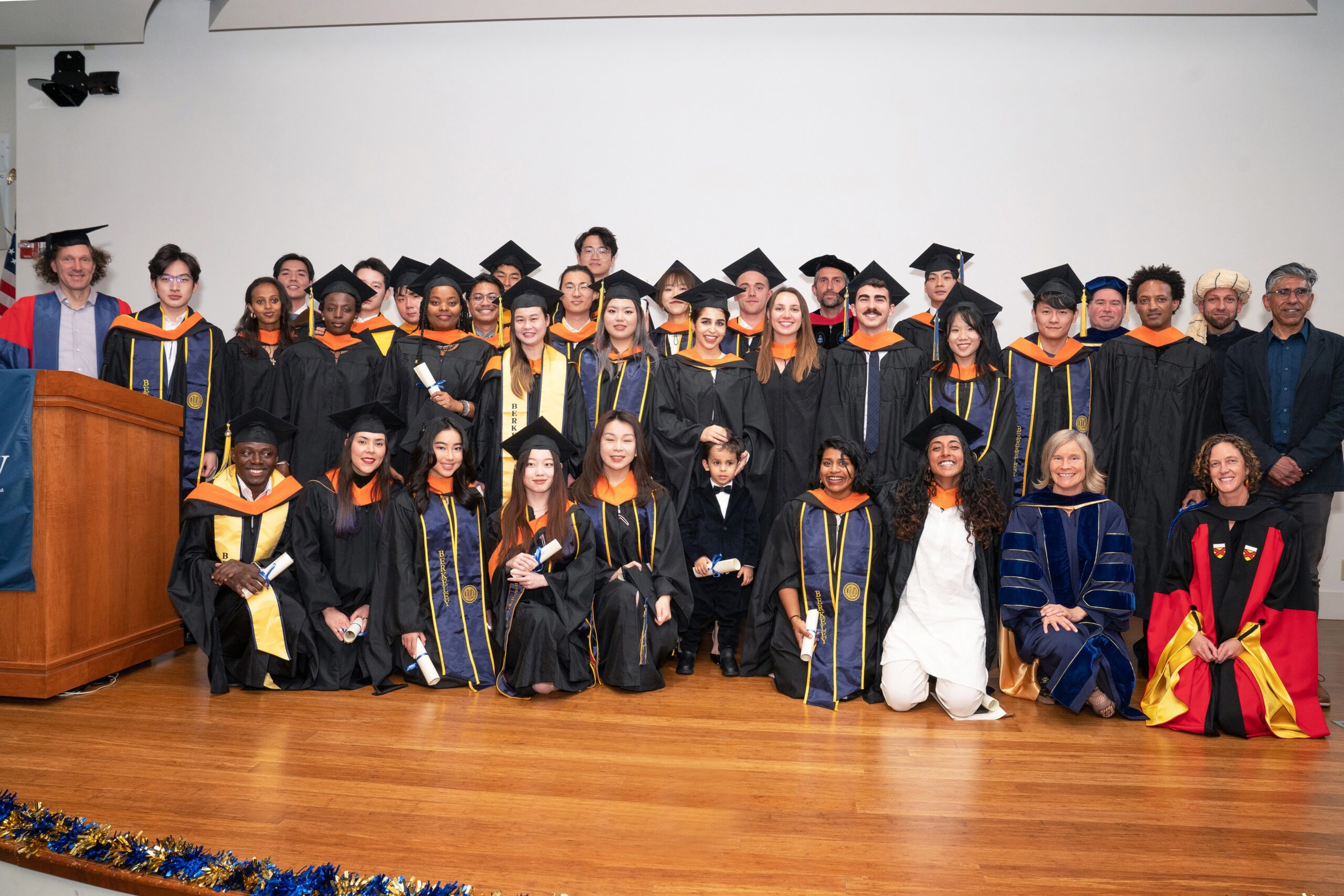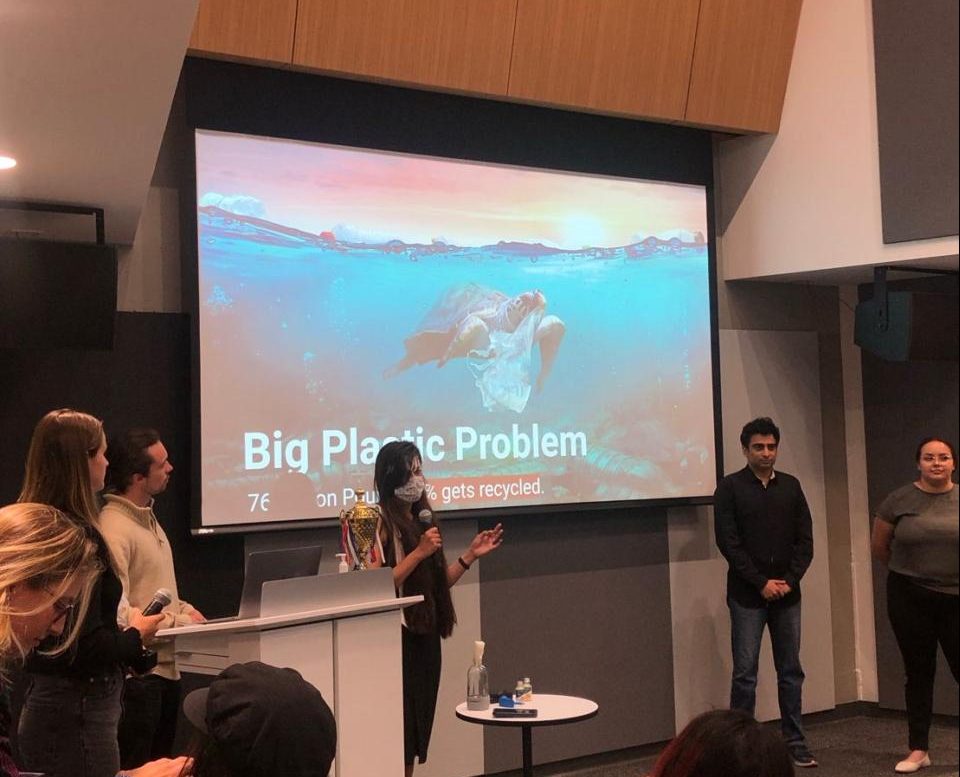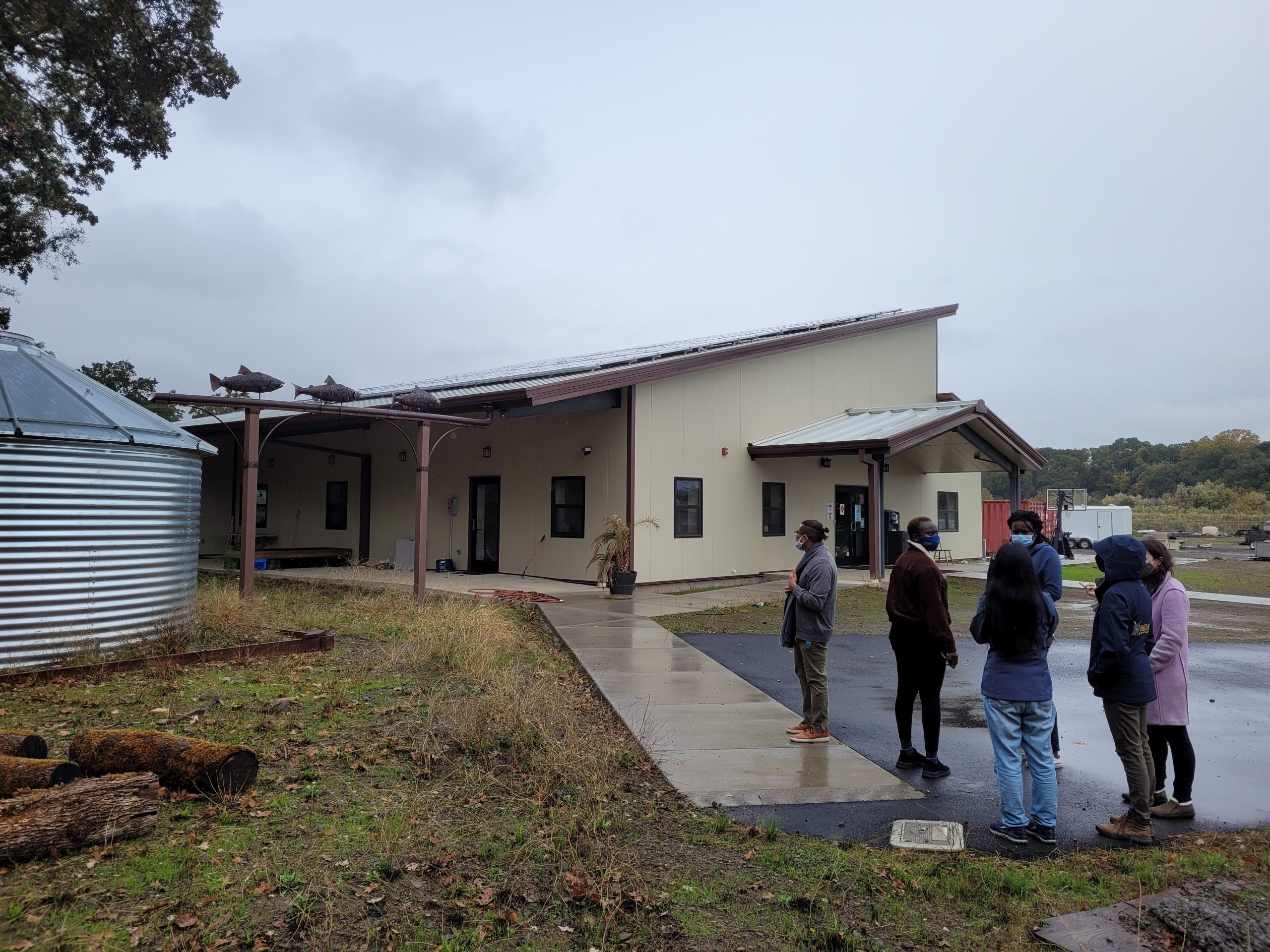Ekta Raghuwanshi and Maria Denna, her MDevEng classmate, worked at A Better Education Club as part of an internship pilot program that DevEng and ABE Club look to expand in the coming years. The organization, based in Kenya’s southwestern region of Kasigau, supports youth education and women’s empowerment by focusing on health, food security, hygiene, and farming practices.
Continue ReadingVisualizing Impact: DevEng Photography Contest Winners Showcase Work and Community
Every summer, UC Berkeley’s Development Engineering students create global social impact. The 2024 DevEng Photography Contest showcased their work, highlighting projects from digital education in Kenya to climate justice in Nigeria. Winning submissions emphasized human-centered technology, community-driven financial practices, and sustainable development, capturing innovation and resilience through powerful visual storytelling.
Continue ReadingMaster of Development Engineering Graduates 2024 Cohort
At Berkeley’s 2024 Master of Development Engineering commencement, graduates like Tilti Thind and Excellence Joshua celebrated transformative journeys. Their capstone projects and unwavering commitment embodied Berkeley’s spirit of radical change. Amid challenges and sacrifices, they emerged as determined changemakers ready to address global inequality and build sustainable, equitable futures worldwide.
Continue ReadingFrom Pollution to Solution: Designing a convenient, plastic-free spray bottle
Plastic pollution is a critical issue, with only 9% of plastic recycled. As part of UC Berkeley’s “Deplastify the Planet” course, the team designed a 100% plastic-free, circular spray bottle for Grove Collaborative using stainless steel and silicone. This innovative solution won the Collider Cup X and is being prepared for mass production.
Continue ReadingFood sovereignty: Working with the Native American community in Ukiah
On November 1, 2021, our CARES team visited the Pinoleville Pomo Nation (PPN) in Ukiah, California, collaborating on sustainable Food, Energy, and Water Systems (FEWS). Through co-design principles, we supported PPN’s food sovereignty efforts, cultural reclamation, and youth education, fostering trust and inspiring future sustainable innovations in marginalized communities.
Continue Reading
